Episodes
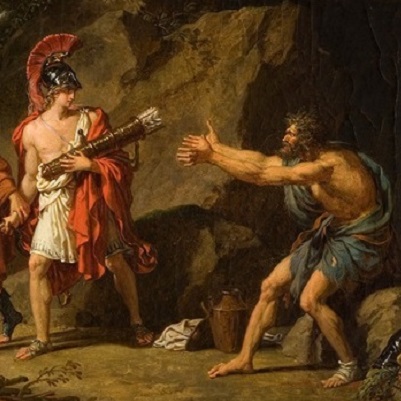
Tuesday Aug 14, 2018
Lecture - Courage and "The Cure at Troy" by Dr. Virginia Arbery
Tuesday Aug 14, 2018
Tuesday Aug 14, 2018
Hercules, that greatest of all Greek heroes, possessed a mighty and magical bow that bequeathed to a man named Philoctetes.
Sailing from Greece to invade Troy and bring back Helen, Philoctetes received a wound on his foot that became foul and festering. So foul and festering that people couldn’t stand being near him and so the decision was made to maroon him alone on a deserted island with his bow.
But the Trojan War went badly for the Greeks and they knew that they could not win without Philoctetes’ bow. The question was how to get it back from Philoctetes who, after ten years on his island, was bitterly angry at Odysseus and the other Greek leaders who had left him.
At the Wyoming School of Catholic Thought, Dr. Virginia Arbery discussed the story of Philoctetes in modern Irish author Seamus Heaney’s play “The Cure at Troy.”
Here are her remarks.
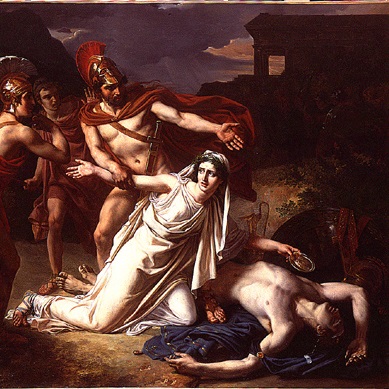
Tuesday Jul 03, 2018
Courage and Antigone's Choice by Dr. Virginia Arbery
Tuesday Jul 03, 2018
Tuesday Jul 03, 2018
“Antigone,” written by the Athenian poet Sophocles in the fifth century BC poses a dilemma: What do we do when the government says one thing, but God—or in this case the gods—say otherwise?
In the play Antigone’s two brothers, Eteocles and Polyneices, chose opposite sides in the civil war in Thebes. In battle the two brothers kill each other just as the side Eteocles chose wins the war. The victorious new ruler, Creon, decrees that Eteocles will be honored as a great hero and buried with all dignity and holy rites.
As for Polyneices’ body, Creon says, “it has been proclaimed to the city that no one honor with a tomb or lament with cries, but let him lie unburied, his body devoured by birds and by dogs and mangled for the seeing.” Disobedience will be punished by death.
But the gods decree the dead should be buried. “That one I shall give rites,” says Antigone, “It is noble for me to die doing this.”
Dr. Virginia Arbery taught a class on Antigone and her courage at The Wyoming School of Catholic Thought. Here are her comments.
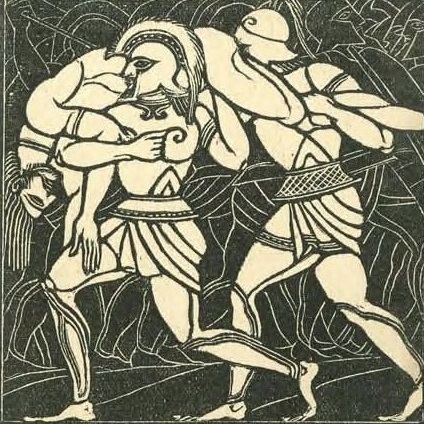
Tuesday Jun 26, 2018
Achilles: His Fate, His Courage, and His Shield with Dr. Glenn Arbery
Tuesday Jun 26, 2018
Tuesday Jun 26, 2018
“Ah me, son of valiant Peleus;” said the messager to Achilles in book 18 of The Iliad, “you must hear from me the ghastly message of a thing I wish never had happened. Patroklos has fallen, and now they are fighting over his body which is naked. Hektor of the shining helm has taken his armor.”
As we began discussing courage at this year’s Wyoming School of Catholic Thought, we turned our attention to Achilleus, the paragon of courage. In book 18 of The Iliad, Achilles, who has refused to help the nearly-defeated Greeks, mourns the loss of his friend Paroklos and resolves to rejoin the battle. And he does that knowing that his death in battle is absolutely certainty once he avenges Patroklos death by killing Hecktor.
Dr. Glenn Arbery, president of Wyoming Catholic College, explains how Achilles’ decision and the shield and armor that are then designed for him, give us a picture of courage that becomes the baseline for all other depictions of this virtue.
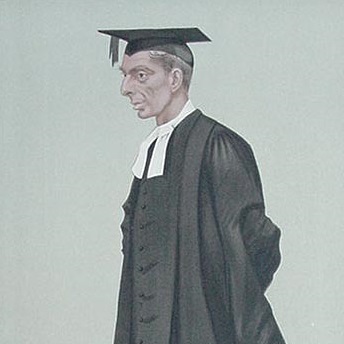
Tuesday May 22, 2018
Reflections on Graduation 2018 with Dr. Glenn Arbery
Tuesday May 22, 2018
Tuesday May 22, 2018
Wyoming Catholic College graduation was Saturday, May 12. It came with all the pomp and circumstance, academic regalia, and excitement that you might expect. Our speaker was author and scholar Joseph Pearce who was our guest on last week’s After Dinner Scholar.
The evening before the big event, however, was a smaller, more intimate gathering of graduates and their families along with college faculty and staff. That night, at the President’s Dinner, college president Dr. Glenn Arbery reflected on the seniors, their four years of liberal arts education, and their participation in the great tradition of the Christian West.
Dr. Arbery is our guest this week on The After Dinner Scholar.
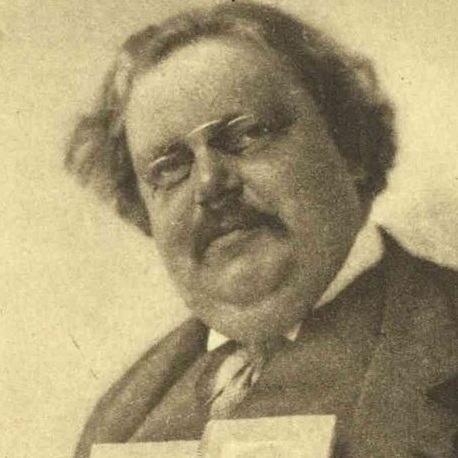
Tuesday May 15, 2018
Literature, Poetry, and Literary Converts with Prof. Joseph Pearce
Tuesday May 15, 2018
Tuesday May 15, 2018
The Wyoming Catholic College Class of 2018 graduated on Saturday, May 12. Their graduation speaker was author and scholar Joseph Pearce.
Pearce has authored more than 24 books including The Quest for Shakespeare, Tolkien: Man and Myth, The Unmasking of Oscar Wilde, C. S. Lewis and The Catholic Church, Literary Converts, Wisdom and Innocence: A Life of G.K. Chesterton, Solzhenitsyn: A Soul in Exile and Old Thunder: A Life of Hilaire Belloc.
Pearce is a man of books and books figure prominently into his conversion and his life. Joseph Pearce is our guest this week on The After Dinner Scholar.
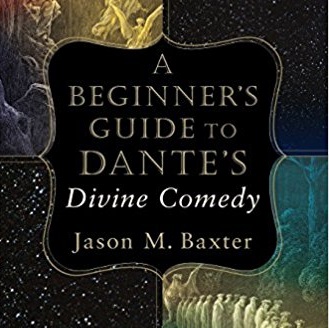
Tuesday Apr 03, 2018
A Beginner's Guide to Dante's Divine Comedy with Dr. Jason Baxter
Tuesday Apr 03, 2018
Tuesday Apr 03, 2018
Dante’s descent into Hell in Inferno, begins on Good Friday in the year 1300. He sojourns in that place of pain, despair, and noise emerging appropriately at dawn on Easter. Then in the days following Easter, he climbs Mount Purgatory and is swept up to the heights of Heaven.
Dante’s Comedy tells an amazing tale, but perhaps just the thought of tackling Dante is overwhelming. Maybe you’ve tried to read it or thumbed through only to quit discouraged. Or perhaps you read all the words, but with little real satisfaction.
What you need is a guide and Wyoming Catholic College professor Dr. Jason Baxter, after guiding many of our students through Dante has a brand new book aptly titled, A Beginner’s Guide to Dante’s Comedy. To tell us about the book, Dr. Baxter is our guest on this edition of The After Dinner Scholar.
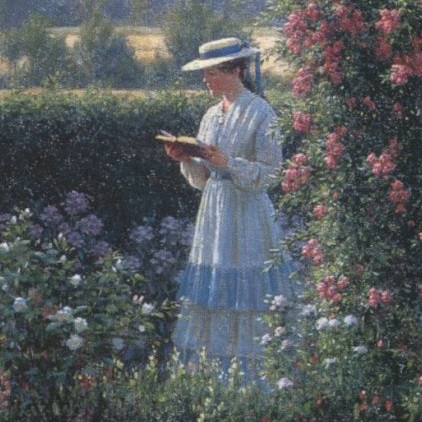
Tuesday Mar 13, 2018
Falling Inward: Humanities in the Age of Technology with Dr. Jason Baxter
Tuesday Mar 13, 2018
Tuesday Mar 13, 2018
“I begin this book, on the humanities,” writes Wyoming Catholic College Associate Professor of Fine Arts and Humanities, Dr. Jason Baxter, “with a description of travel, because I think the experience of being immersed in a world of surprises, like I was in Ischia, and the experience of reading a ‘great book’… is fundamentally analogous.”
Dr. Baxter goes on to write that his just-released book Falling Inward: Humanities in the Age of Technology is an answer to the question, “How is the profound sense of travel like the experience of reading?” Both are fundamentally the experience he calls “falling inward.”
To discuss his book and the meaning of its title, Dr. Baxter is our guest this week on The After Dinner Scholar.
Order Dr. Baxter's book, Falling Inward from Cluny Media or Amazon.
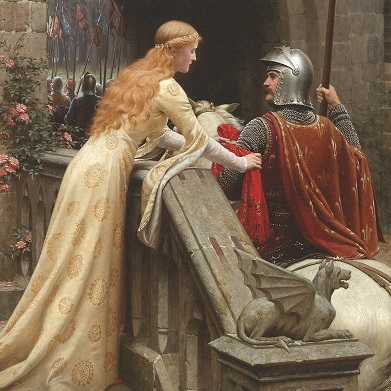
Tuesday Jan 02, 2018
Sir Gawain and the Green Knight, Part 3 with Dr. Ben Lockerd
Tuesday Jan 02, 2018
Tuesday Jan 02, 2018
“The answers to the errors of modern times need to be given in philosophy and theology,” wrote Dr. Benjamin Lockerd, “but it is essential that our students also experience the truth imaginatively.”
This is the third and final installment in our podcast series on Sir Gawain and the Green Knight the Wyoming Catholic College 2017-18 Book of the Year. It’s a book that highlights the Catholic intellectual tradition and the liberal arts and one we especially recommend that you read and study.
Our guest on this third podcast is Dr. Benjamin Lockerd, Professor of English at Grand Valley State University in Grand Rapids, Michigan. Dr. Lockerd is a member of the Wyoming Catholic College Catholic Scholars Advisory Board.
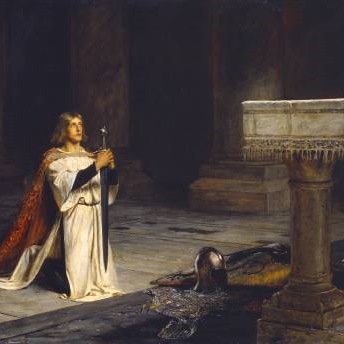
Tuesday Dec 26, 2017
Sir Gawain and the Green Knight, Part 2 with Dr. Kent Lasnoski
Tuesday Dec 26, 2017
Tuesday Dec 26, 2017
Wandering lost in a wild land on Christmas Eve, Sir Gawain prayed, “I beg of you, O Lord, and Mary, that most merciful of mothers, and most dear, find me safe lodgings in some house, devoutly to hear Mass, and then your matins tomorrow morning. I meekly ask you, and to this purpose I promptly pray my Pater and my Ave, and Creed.”
Last week we looked at the fourteenth century poem Sir Gawain and the Green Knight from a literary point of view. Our college president Dr. Glenn Arbery helped us understand the story, its structure, and its context.
But the anonymous author of the tale about Sir Gawain was interested in more than telling a good story. He had a clear theological and spiritual purpose as well. Sir Gawain and the Green Knight is an intensely Christian poem. To help us understand how that’s the case, our guest this week is theologian Dr. Kent Lasnoski.
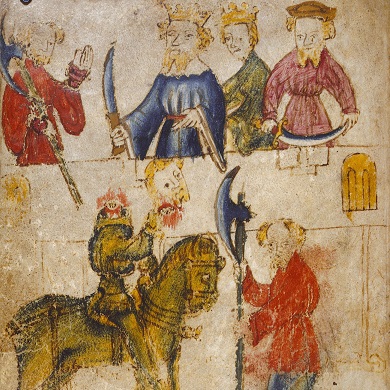
Tuesday Dec 19, 2017
Sir Gawain and the Green Knight, Part 1 with Dr. Glenn Arbery
Tuesday Dec 19, 2017
Tuesday Dec 19, 2017
It was Christmas time, and King Arthur and his Knights of the Round Table gathered to celebrate the courted Camelot. Amid the merriment and mirth of New Year's Eve, a huge knight rode into the festive hall. He was clad in green armor that perfectly matched his green hair, green skin, and green horse. With him, he brought a holly branch, a huge battle ax, and a strange game.
Beginning this year, Wyoming Catholic College will select a book of the year, some work that highlights the Catholic intellectual tradition and the liberal arts. This year's book of the year is the anonymous 14th century masterpiece, Sir Gawain and the Green Knight.
Sir Gawain and the Green Knight, wrote JRR Tolkien, “Is a romance, a fairy tale for adults, full of life and color.” In this, the first of three podcasts on the poem, Dr. Glenn Arbery, president of Wyoming Catholic College introduces us to this strange tale.

